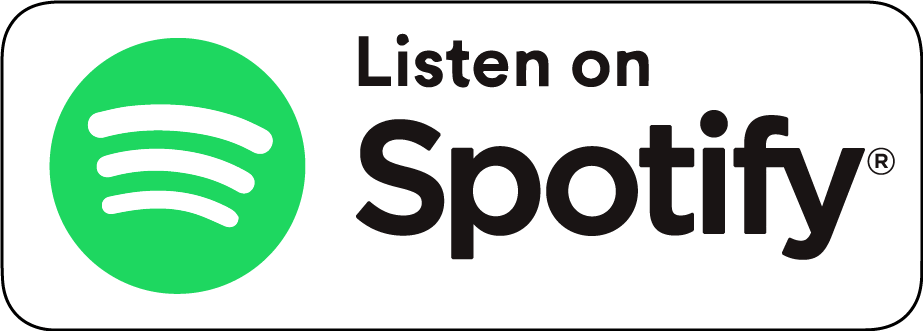When you saw me give a presentation in front of an audience, I was lying to you. When you met me at a networking event, I was lying to you then. When you came to a party I hosted, I was also lying to you. When you sat on a board of directors with me, I was even lying then. When you worked with me on set, I was once again lying to you. In fact, I’ve been lying to you all for far the better part of two decades.
The truth is; I am an introvert.
For better or worse, our society recognizes extroverts as a superior culture (practically a superior race) compared to the inferior introverted counterpart. Consider the stereotypes we typically associate with each.
Extroverts are outgoing, the life of the party, charismatic, natural leaders and risk-takers whereas introverts are shy, quiet, reserved and slow to take action. The extrovert is the hero, gets the girl, wins the race and saves the day. The introvert eats lunch alone in the school cafeteria. Although these are not accurate descriptions in real life – they are truthful in our impressions and biases.
I noticed these social chasms fairly early in life and would study them. The mannerisms, vocal patterns, body language and habitual tendencies of others – particularly that of kids my age who had no trouble being the center of attention and who always seemed at ease around others. I, on the other hand, was the furthest from being comfortable around people.
When my parents hosted dinner parties I would always end up mysteriously sick with a stomachache. My report cards would typically have comments that I was too quite in class and needed to speak up and get involved more.
As I got older I was able to practice emulating and mimicking the social tendencies of extroverts. I equated it as the only way to be included, cool and to get girls to notice me more than wonder why I spend my lunch times at school writing short stories in my three ring binder.
The more I practiced this departure from my norm the better I got at it. It led me to play sports in high school, to get involved in social clubs, to attend high school parties, even managed to get a few dates. The older I got, the more I was able to grow this other persona.
By the time I was an adult I felt I needed to push it further in efforts to grow my business and brand. I created a façade, an outer shell of being an extrovert. Thus the “James” you met was merely a construct. He presents at conferences, he presides over organizations, he often attends networking events and business functions and he is not hesitant to introduce himself to you.
This is the lie I’ve been living. What I am instead is a person who is highly introverted.
With that I am acutely aware of my surroundings and sensory inputs at all times – which in hindsight is what helped me study others and their tendencies so successfully throughout my life.
Although I am not shy, a common misconception about introverts, all the social interactions and hyper awareness creates a sensory overload that takes a significant toll on my energy. It is only by reverting to solitude that it is recharged.
Using this extroverted characterization of myself in public has a tendency to create a severe burn out. Typically after long photo shoots or presentations or networking events I have to retreat to being alone in order to return my state of equilibrium to normalcy.
My closest friends have witnessed my brain literally shut down from too much external stimuli; from there it takes hours to mentally reset.
The impetus behind this confession is two-fold. For one it is to come clean on a mask I constantly force myself to wear while explaining my often-awkward behavior when the façade begins to deteriorate.
What do I mean by deteriorate? Many who have had conversations with me have noticed towards the end my eyes start to shift to every other stimuli and distraction in the room – a result not of a disinterest in the conversation but from reaching my capacity. A few months ago I was hosting a holiday party for clients and several of my guests noticed, commented on and potentially took offense to my inability to maintain eye contact with them during a conversation. Whereas I was listening to every word they said, I was also taking in a high level of stimuli from everything else that was happening in my surrounding.
So to those of you who have noticed such actions from me – this is in great part why.
Secondly, and more importantly, it is to open a line of conversation to dispel the misunderstandings about what introversion is and is not. It is not a negative social infliction nor a disability to be looked down upon or as inferior to extroversion. Introversion is my own superpower. It is the way in which I navigate the world.
Not that one is required to be an introvert to put pen to paper or to tell a story through image – but I can say that I don’t believe I would be able to do either as an extrovert.
James Patrick
IG @jpatrickphoto



